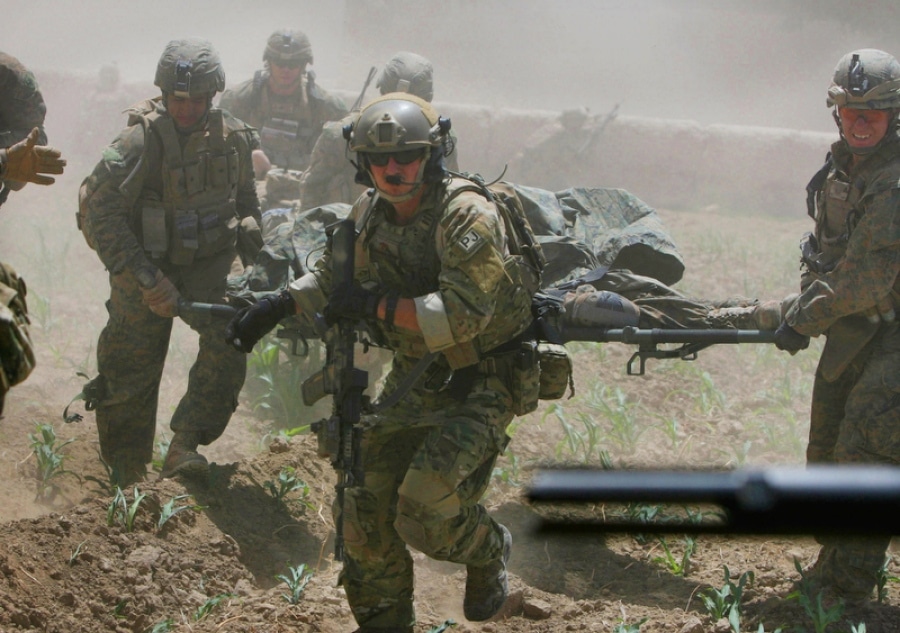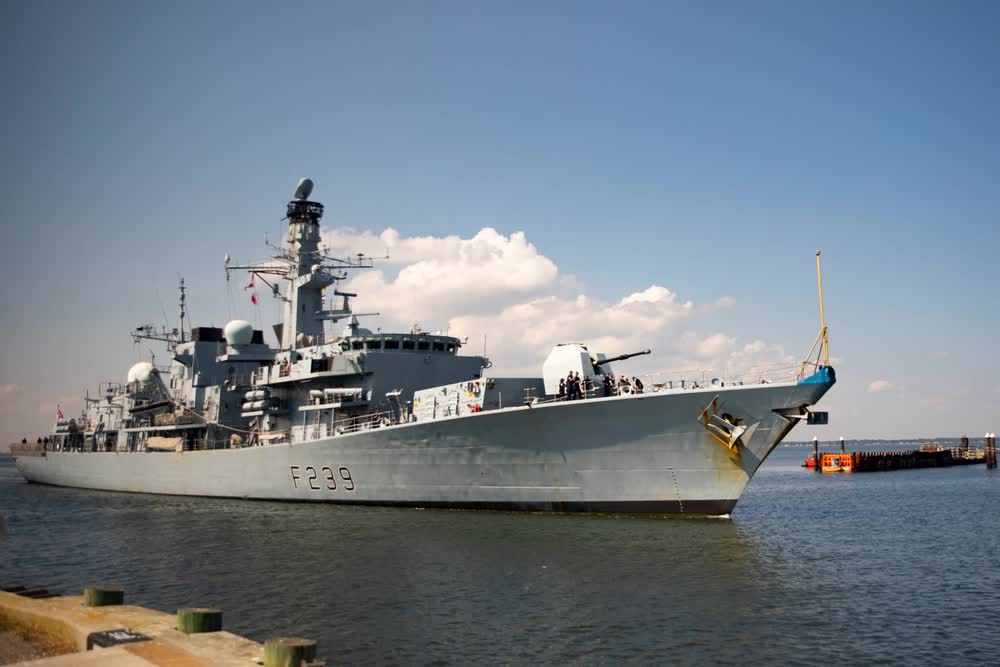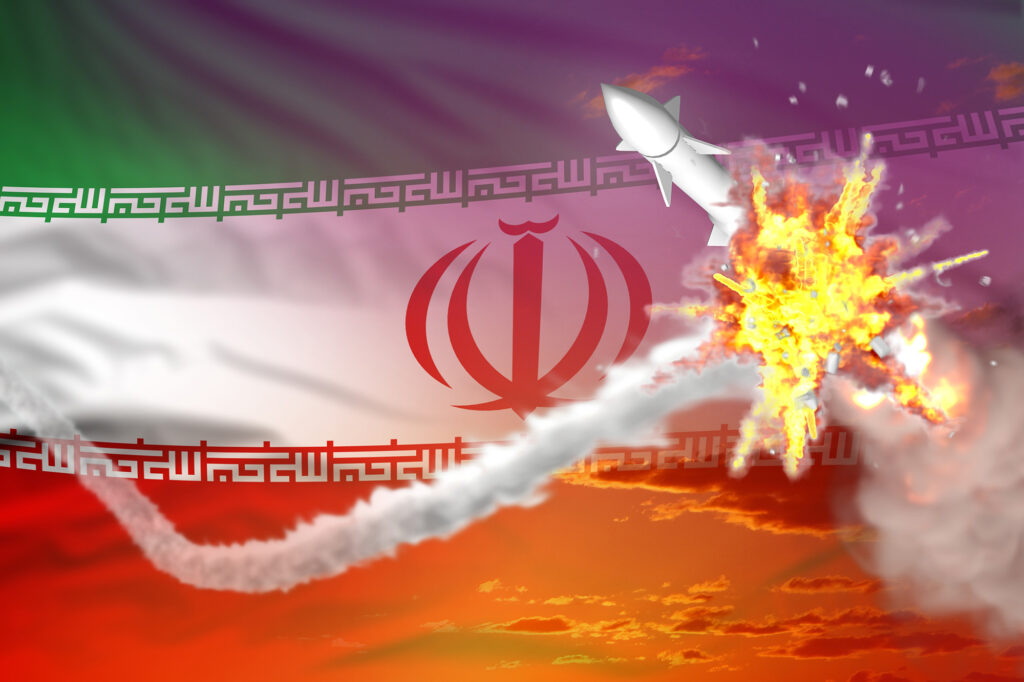Staff Sergeant Michael Rogers, an Air Commando, has been recognized for his actions during a hellish mass-casualty event in Afghanistan.
Assigned to the 57th Rescue Squadron (RSQ), Rogers, a Pararescueman, received the 2021 Pitsenbarger Award from the U.S. Air Forces Europe and Air Forces Africa Sergeants Association for his life-saving actions during a nighttime operation in Afghanistan in 2019.
Rogers has two combat deployment to Afghanistan. During his second combat tour, he was attached to an Army Special Forces operational detachment that was working with Afghani commandos.
The part of Afghanistan in which they deployed was under extreme pressure by the Taliban—this deployment was before the peace negotiations between the U.S. and the Taliban took place. The Taliban were trying to retake several key districts and cities from the Afghani military in order to tip over the province.

During a nighttime operation, Rogers and his Green Beret teammates found a stockpile of rocket-propelled grenades, around 20, alongside other explosives in a village friendly to the Taliban.
The American commandos were going through the hodgepodge of war loot when an Afghan commando accidentally discharged his weapon, detonating the pile of munitions. What followed next can only be described as mayhem.
“The first thing that comes to mind [about that night] is fire. There were so many things covered in fuel and burning. It looked apocalyptic, Rogers said in a press release.
“The SF medic and I started going through the mass-casualty procedures because we knew there had been a bunch of guys near the blast. The engineer was blown over and down into a ditch, and appeared to be unconscious. The communications sergeant was set on fire with RPG fuel after it exploded near him. We were able to get a few steps before the kit that the [Special Forces] intelligence sergeant was wearing ignited, as it was filled with ammo, grenades and a radio. They started going off in his kit and were burning through the material, cooking off the rounds in the bottom of his magazine.”
Rogers and his teammates who hadn’t been blown by the blast, started treating their comrades. Rogers helped treat six men while coordinating the inbound medical evacuation. He went through three bags of medical gear, but it still wasn’t enough for some. Unfortunately, the Green Beret intelligence sergeant died of his wounds.
“The men I was with didn’t have to work as much as they did,” Rogers said. “Everybody that was there was passionate about their job and doing it right. This loss wrecked our team. Losing families, losing a brother. Those men I was with are our absolute heroes, and I would fight alongside them any day, anywhere.”
Airman 1st Class William Pitsenbarger was a Pararescueman and fellow Air Commando who saved dozens of lives in a fierce battle against superior Vietcong forces during the Vietnam War. The Air Commando was killed during the battle, but his actions saved more than 60 Americans. Initially, the Air Force had awarded Pitsenbarger the Air Force Cross, the second-highest award for valor under fire, but in 2000, after 34 years of a fight against the bureaucracy, his medal was upgraded to a very deserving Medal of Honor, the highest award for valor in the US military.


